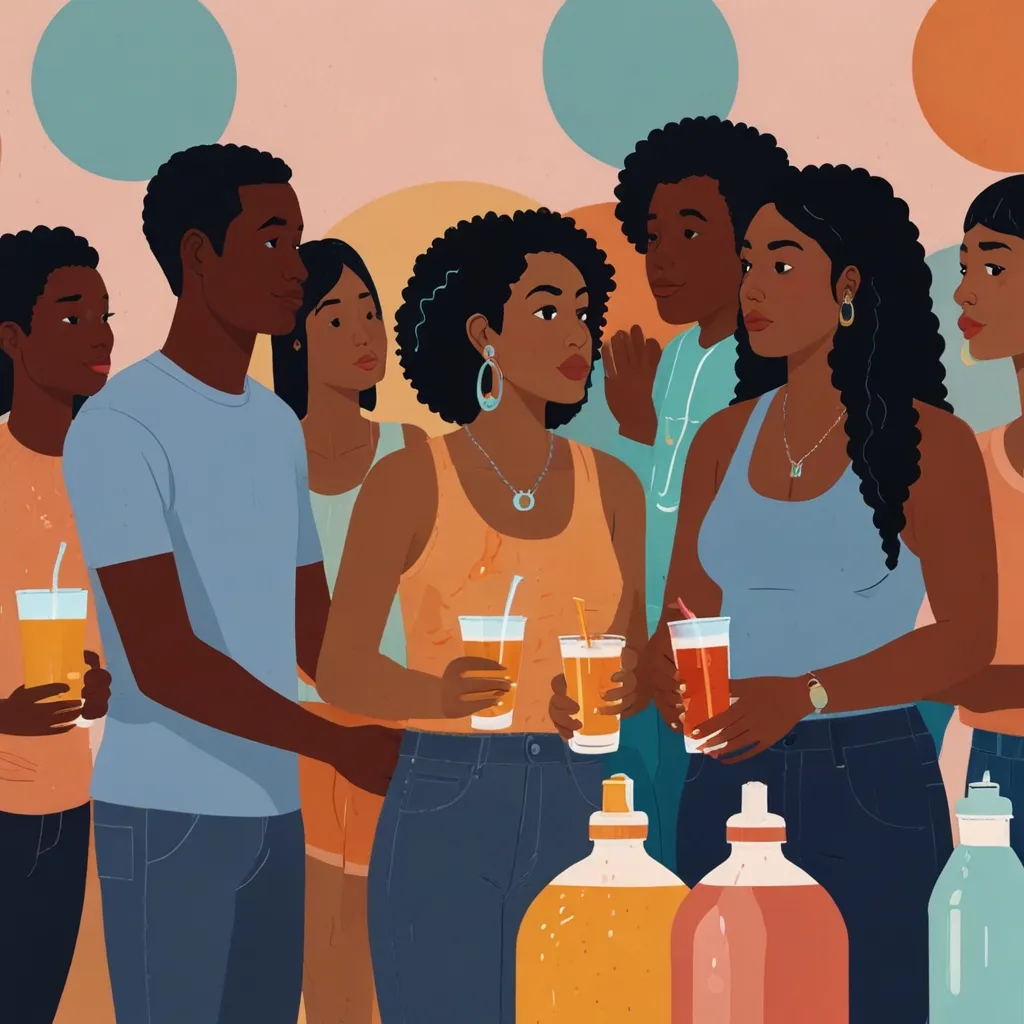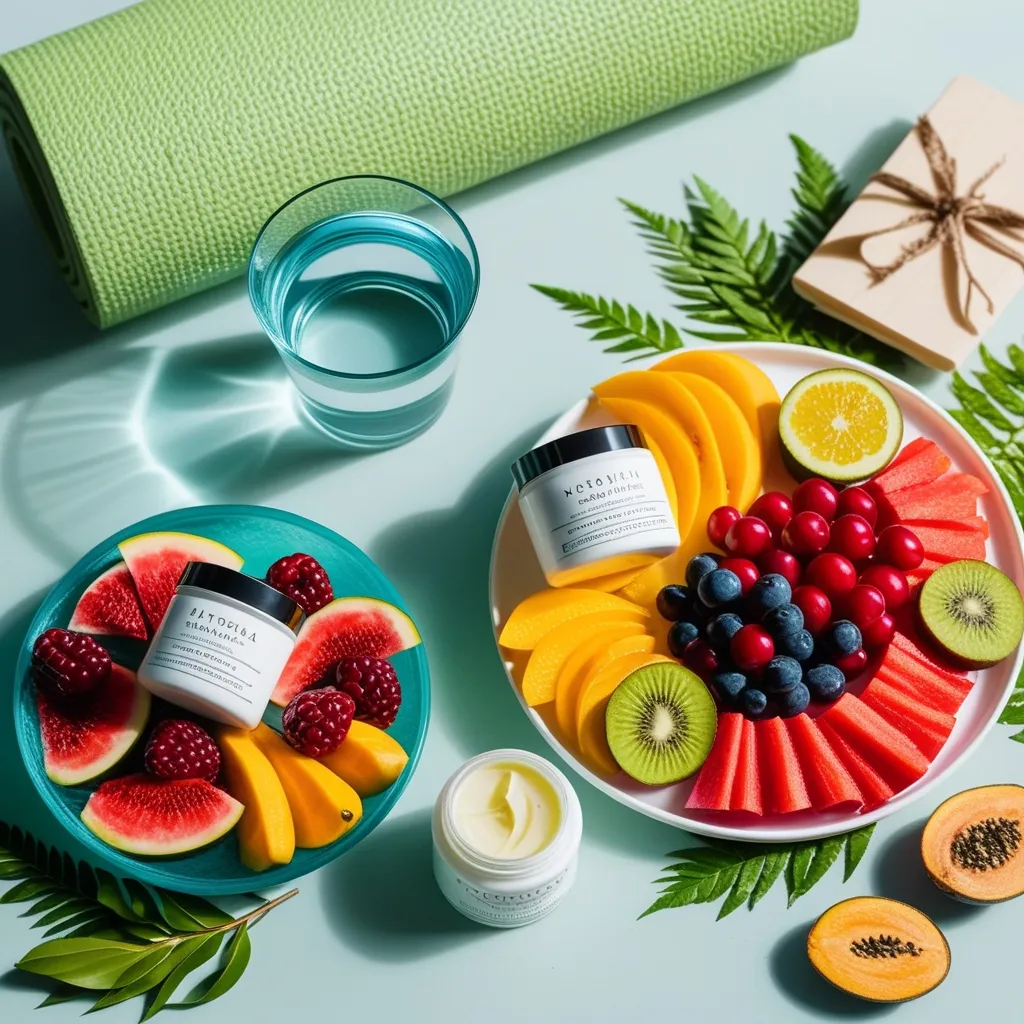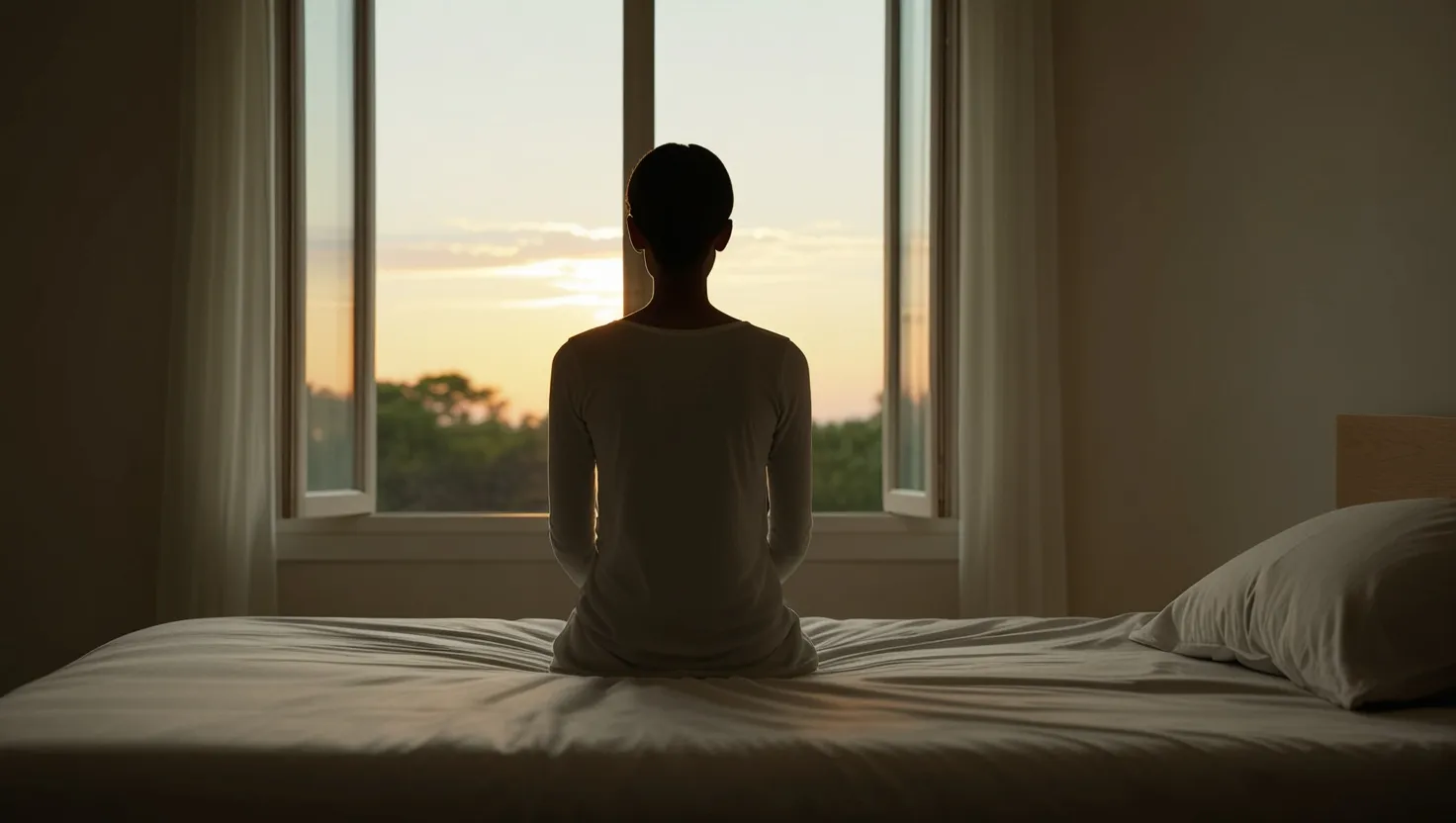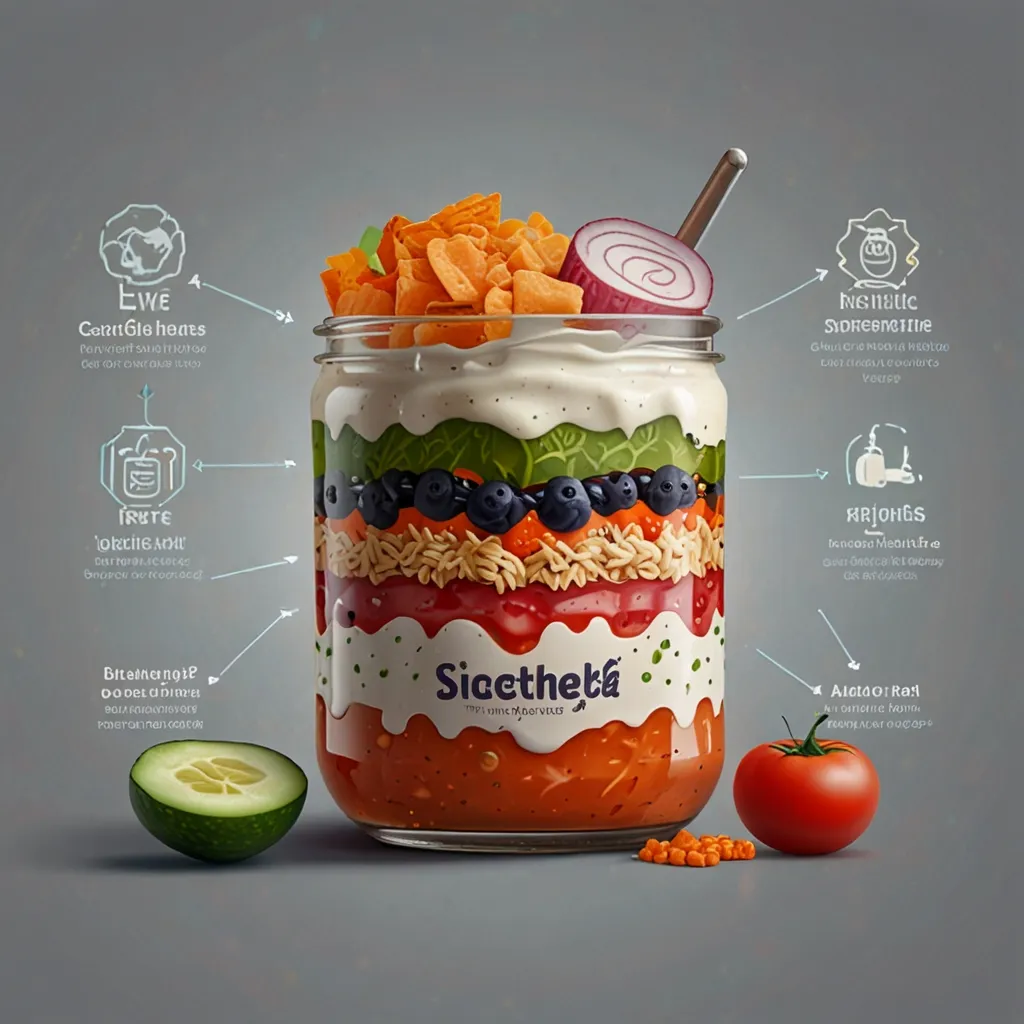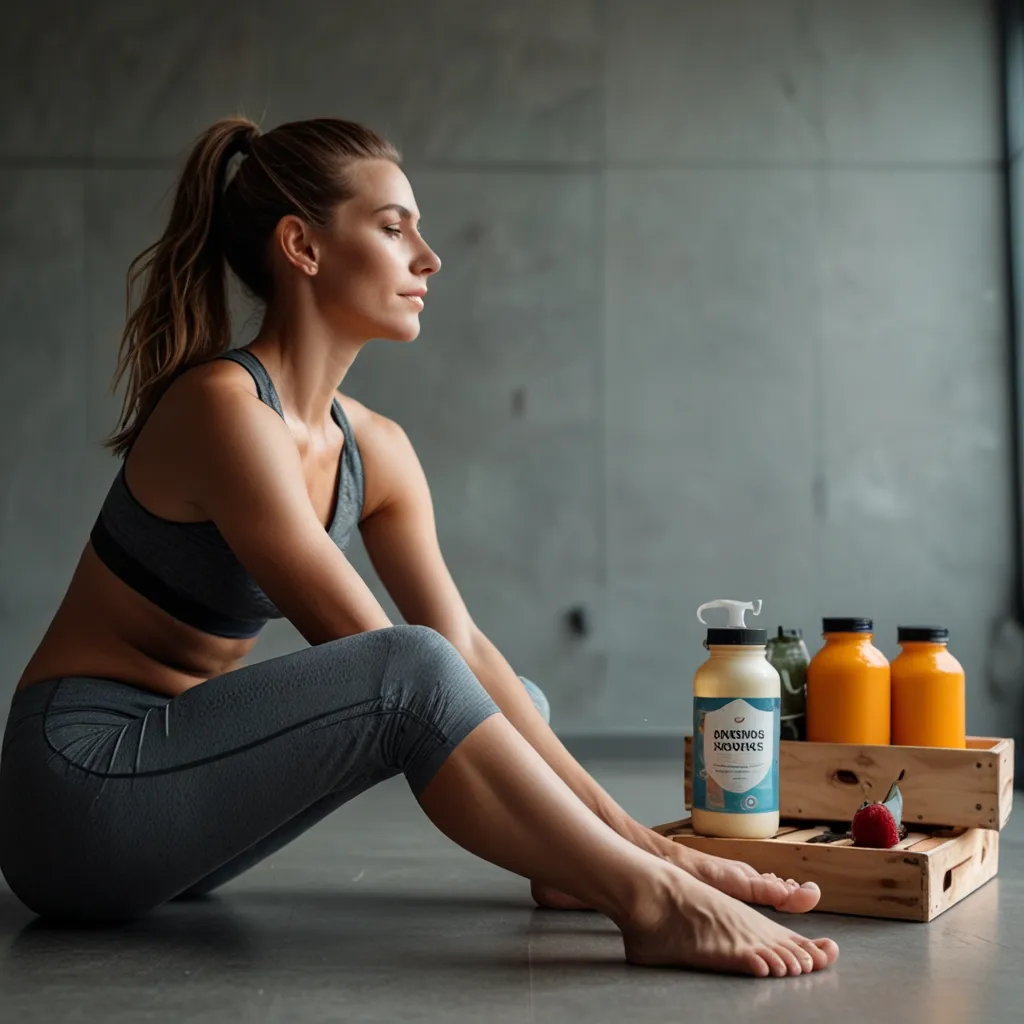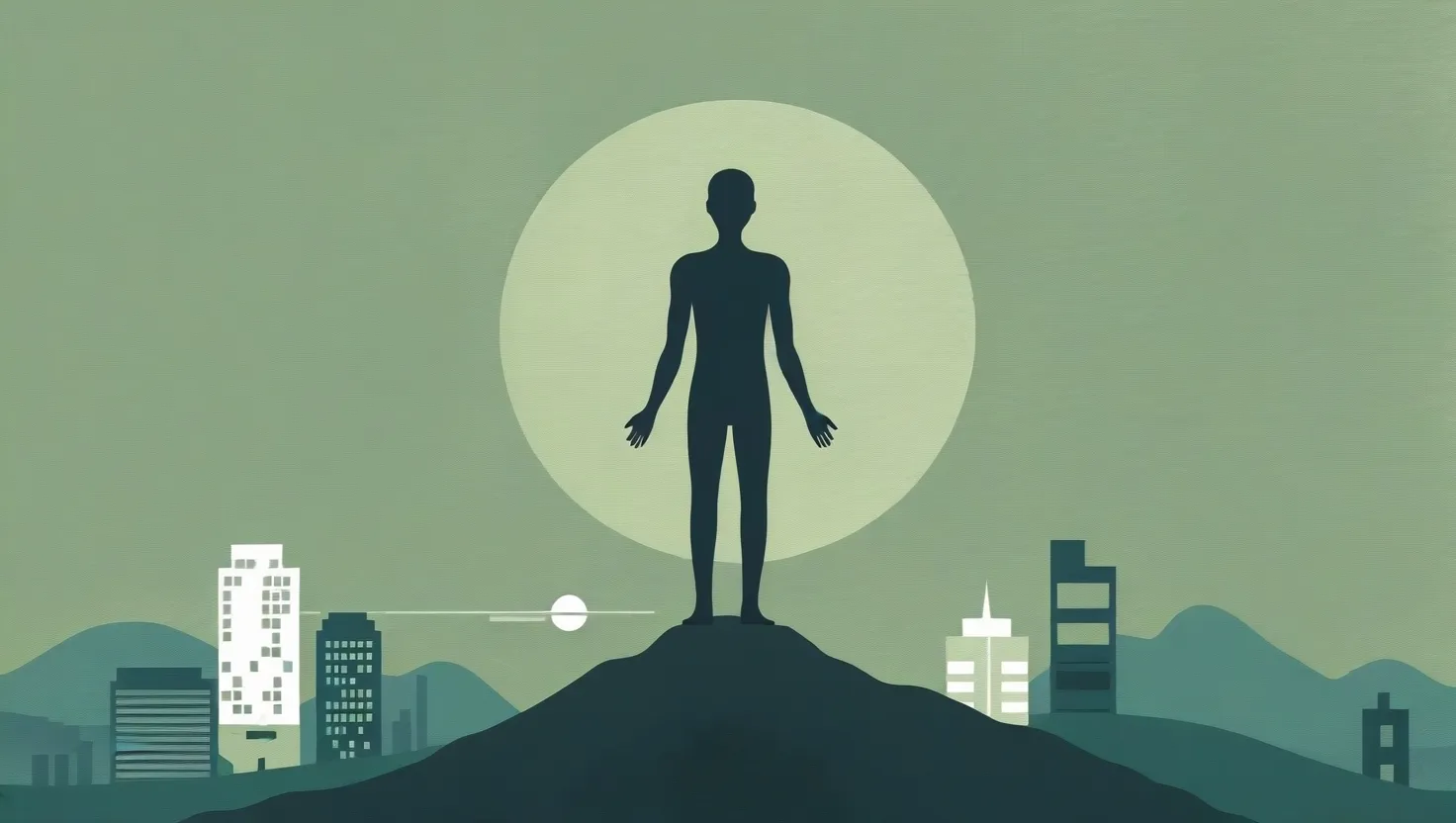Drinking enough water is super important for staying healthy, but figuring out the right amount can be tricky. We’ve all heard that famous “eight glasses a day” rule, but is it really one-size-fits-all? Nah, not really.
How much water you should drink daily depends on many things. Your size, metabolism, climate, diet, physical activity, and overall health all matter. Living in a hot place or being super active? You’ll need more water. If you’re not moving much and it’s pretty cool where you live, you might need less.
A simple trick? Check the color of your pee. If it’s pale yellow, you’re doing great. Dark yellow? You might need to up your water game. Other dehydration signs include feeling weak, dizzy, or having really low blood pressure.
Water’s not the only way to hydrate. Food counts too! Fruits, veggies, and other drinks like milk, tea, and juice all help. Even coffee can add to your fluid intake, though it might also send you running to the bathroom more.
General advice says women should aim for about 2.7 liters daily, and men around 3.7 liters. But hey, that’s not set in stone. Older adults, for instance, might need less because they don’t feel as thirsty.
Recent research using a fancy method called doubly labelled water analysis offers new hydration insights. Turns out, previous recommendations might be a bit much. Younger men might only need around 1.5 liters a day, and young women about 1.3 liters.
This study also showed water needs are super individual. Factors like athletic status, how active you are, your social background, and even environmental conditions matter. Bottom line? There’s no one-size-fits-all rule for water.
Timing matters too. Spread your water intake throughout the day, don’t just guzzle it all at once. Water-rich foods like salads, fruits, and applesauce can help keep you hydrated.
Oh, and while overhydration is rare, it’s possible. Drinking too much water too quickly can lead to hyponatremia, a serious condition where your blood’s sodium levels drop dangerously low. It’s really rare, though.
So, the takeaway? There’s no magic number for how much water you should drink. It varies with your diet, activity, and environment. Listen to your body, check your hydration cues, and adjust accordingly. Stay hydrated, folks!
